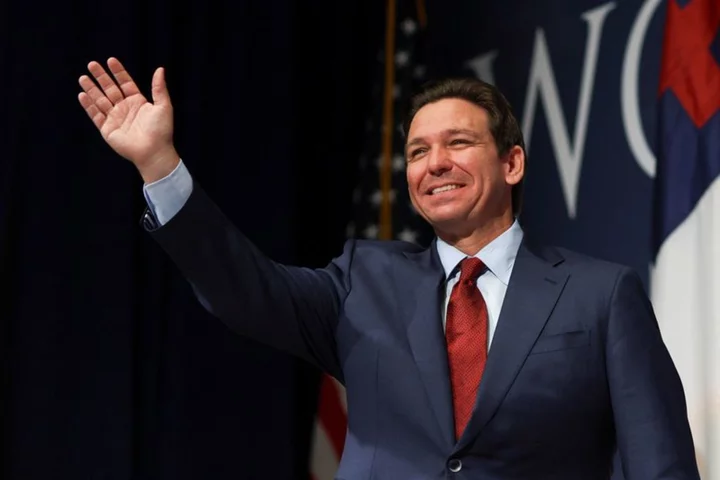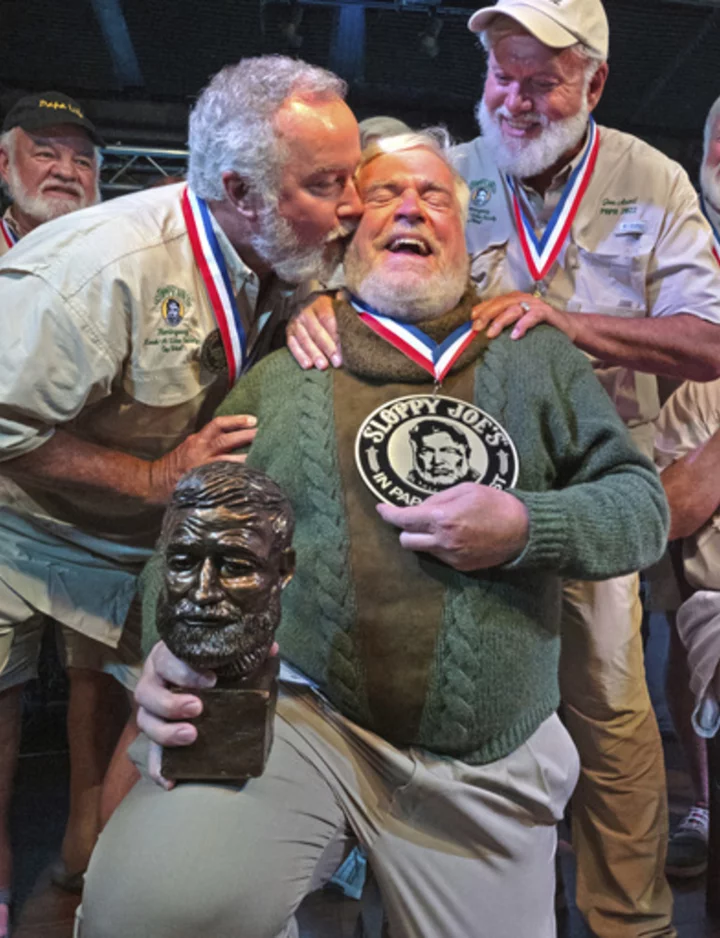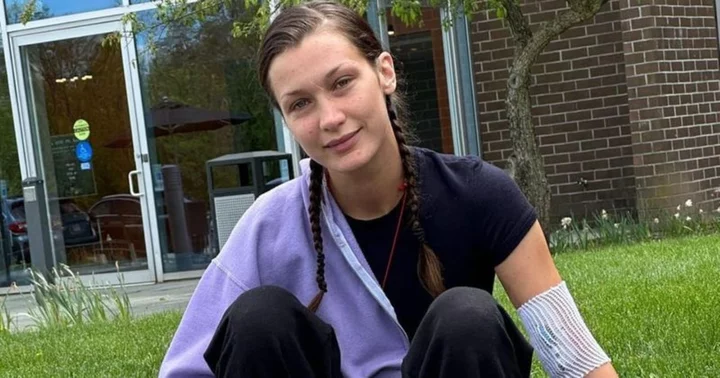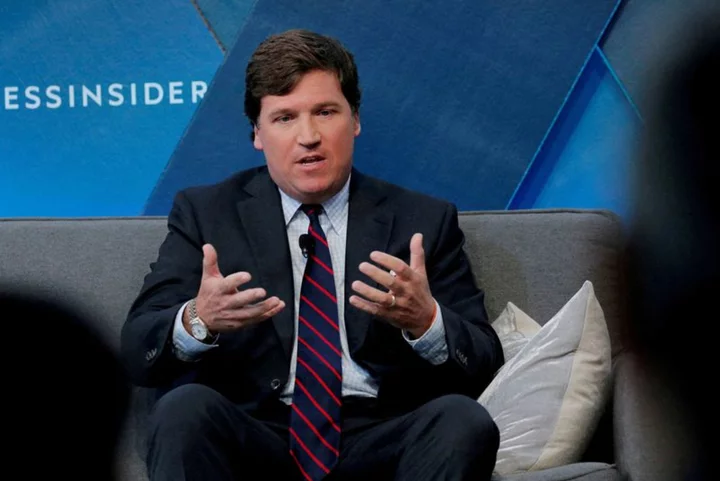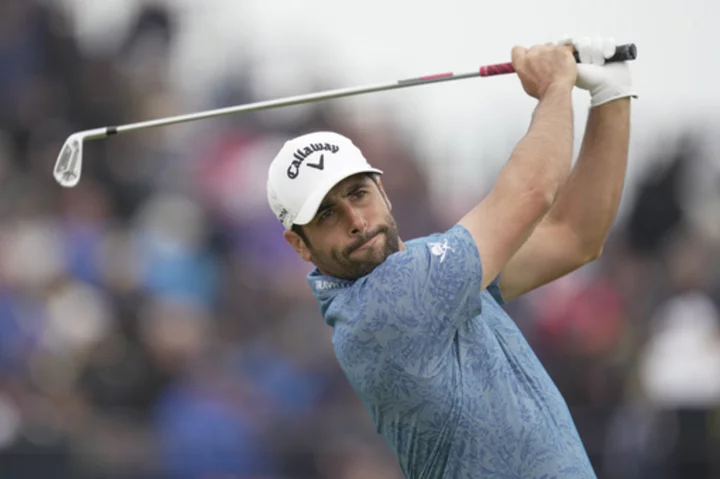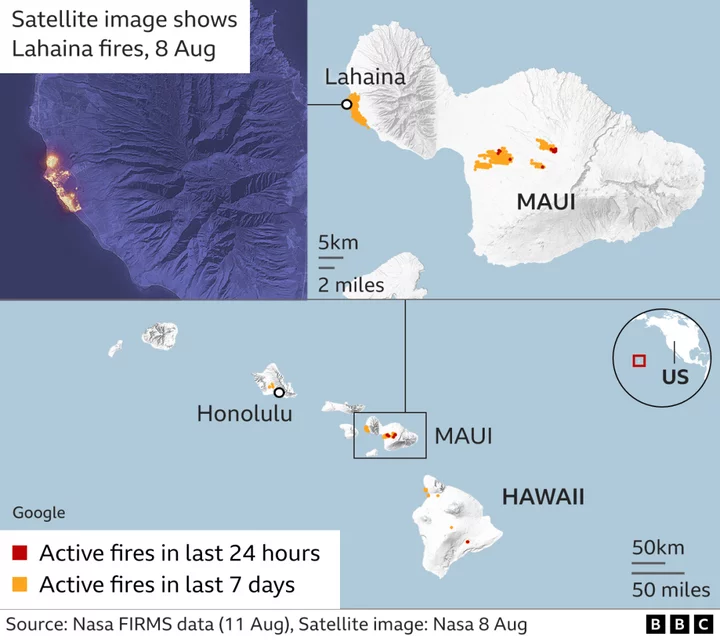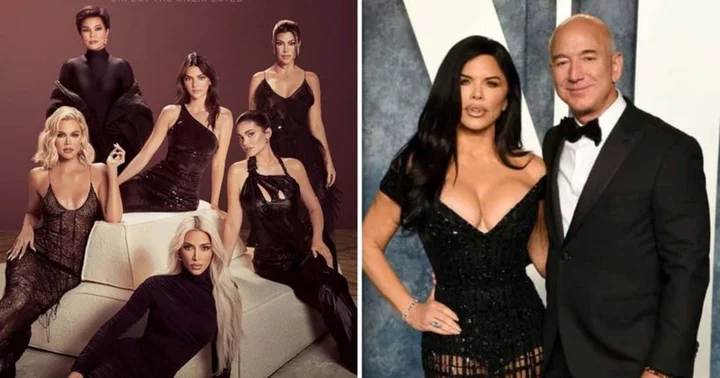By Gram Slattery and James Oliphant
WASHINGTON Former U.S. President Donald Trump and Florida Governor Ron DeSantis descended on Washington on Friday, both looking to win over evangelical Republicans, a voting bloc likely to play a pivotal role in selecting a 2024 presidential nominee.
DeSantis, who along with the rest of a crowded field trails Trump for the nomination, leaned into the culture war rhetoric that features prominently in his campaign, seeking support from social conservatives at a conference hosted by the evangelical Christian group Concerned Women for America.
"They want you to believe that a man can get pregnant," DeSantis said of Democrats. "They think it's appropriate to jam sexualized curriculum into elementary school classrooms."
DeSantis' advisers are betting he can eat into Trump's significant polling lead by outperforming among devout Christians, especially those who are affluent and well-educated, according to several people familiar with his strategy.
That could be a major factor in the state of Iowa, where white evangelical voters are expected to turn out in large numbers in the first 2024 Republican nominating contest four months away. President Joe Biden has said he will seek reelection on the Democratic side.
Trump was also scheduled to speak at the Concerned Women for America event on Friday, and both men later were due to appear at the Family Research Council's Pray Vote Stand Summit across town. Former Vice President Mike Pence and tech entrepreneur Vivek Ramaswamy, both Republican hopefuls, also were speaking at the latter event.
DeSantis faces a challenge wooing enough religious conservatives to build a viable coalition.
Trump is ahead in every major Republican demographic, with a roughly 35 percentage-point lead over DeSantis and Ramaswamy among evangelical Christians, according to a Reuters/Ipsos poll that closed on Thursday.
Many Christian activists credit Trump for helping to bring an end to nationwide abortion rights by appointing three conservative justices to the U.S. Supreme Court, which last year overturned the landmark 1973 Roe v. Wade decision.
On Thursday, DeSantis unveiled a "Faith and Family Coalition" of more than 70 faith leaders backing him in Iowa, New Hampshire and South Carolina. All are among the first states to cast ballots in the Republican nominating process.
DeSantis' campaign on Thursday released a digital ad featuring his "God over government" message, in which he pledges to fight against what he describes as infringements on religious liberty by overzealous law enforcement.
On Saturday, DeSantis and several other Republican primary contenders are due to speak at the Iowa Faith and Freedom Coalition's fall banquet in Des Moines, another major gathering of religious conservatives. Trump, who has a rocky relationship with some key political figures in Iowa, will not attend.
DeSantis' reception on Friday was warm, though not rapturous.
Hannah Brusven, 25, a political organizer from Idaho who attended the women's event in Washington, said she was initially interested in DeSantis, but she and most of her peers had turned back to Trump.
"I really was thinking DeSantis would be a perfect person because he's young, he's vibrant. He could have been a new JFK," Bruce said, referring to popular Democratic President John F. Kennedy during the 1960s. "But he wasn't."
(This story has been corrected to change the surname to Hannah Brusven, not 'Bruce', in paragraph 14)
(Reporting by Gram Slattery and James Oliphant; Additional reporting by Jason Lange; Editing by Colleen Jenkins and Howard Goller)

